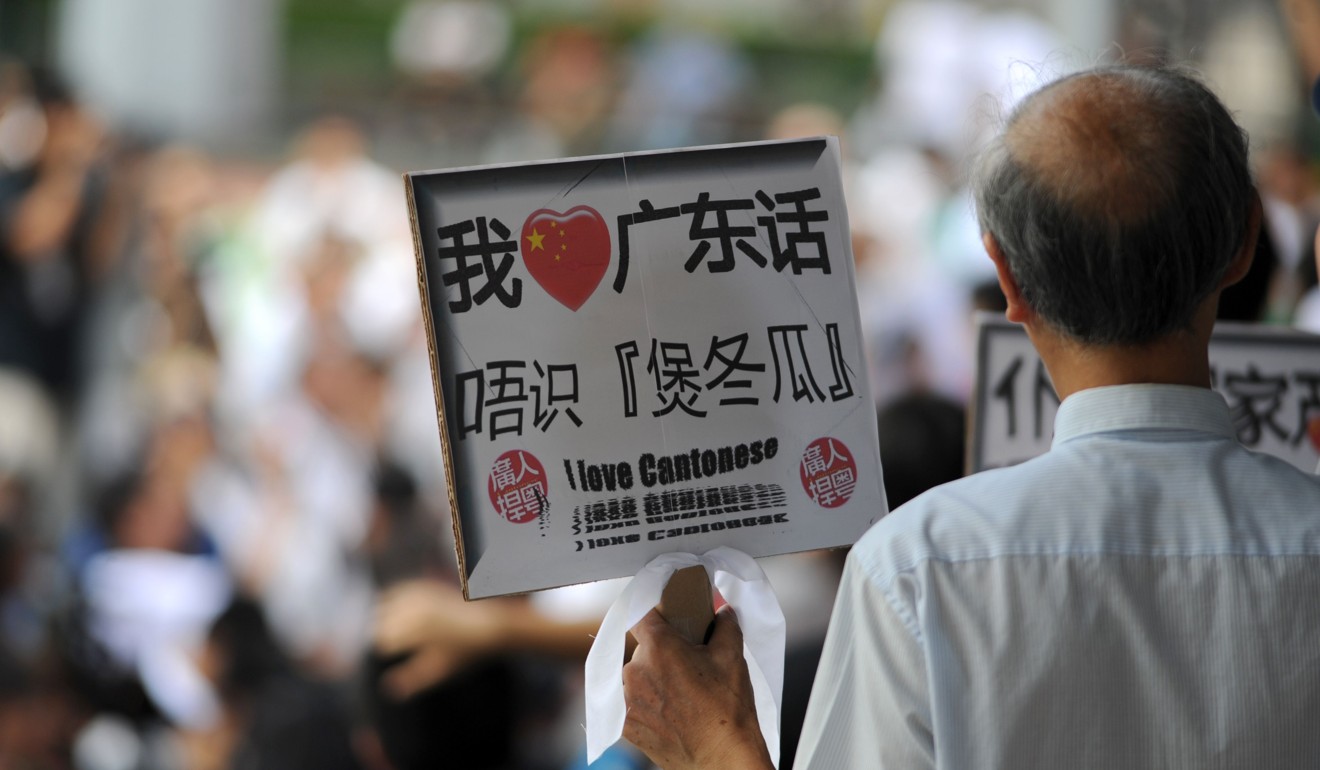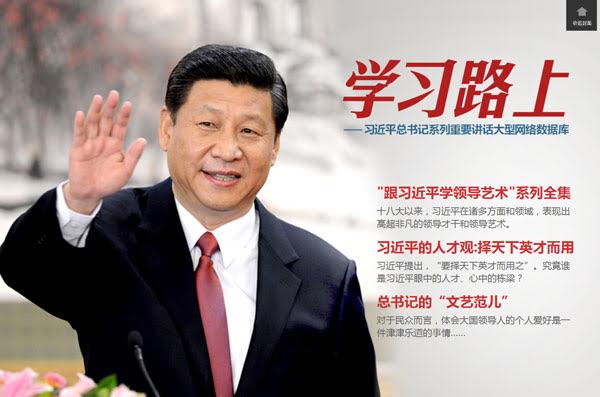Using riddles to circumvent censorship in China
We are thoroughly familiar with the use of puns to foil and irritate the censors in China:
"Punning banned in China" (11/29/14)
"It's not just puns that are being banned in China" (12/7/14) — with links to earlier posts on puns in China
"Fun bun pun" (4/9/17)
And many others, including the most recent post on puns and censorship, which focused squarely on the heated controversy over the abolition of term limits for the presidency:
"The letter * has bee* ba**ed in Chi*a" (2/26/18 — the day after the announcement of the constitutional change)
Another means of evading the censors, and more difficult to detect than puns because they speak through indirection (the answers are not given), are riddles.
"Lantern Festival riddles outwit and enrage Chinese censors", by Oiwan Lam, Hong Kong Free Press (3/6/18)
Read the rest of this entry »


